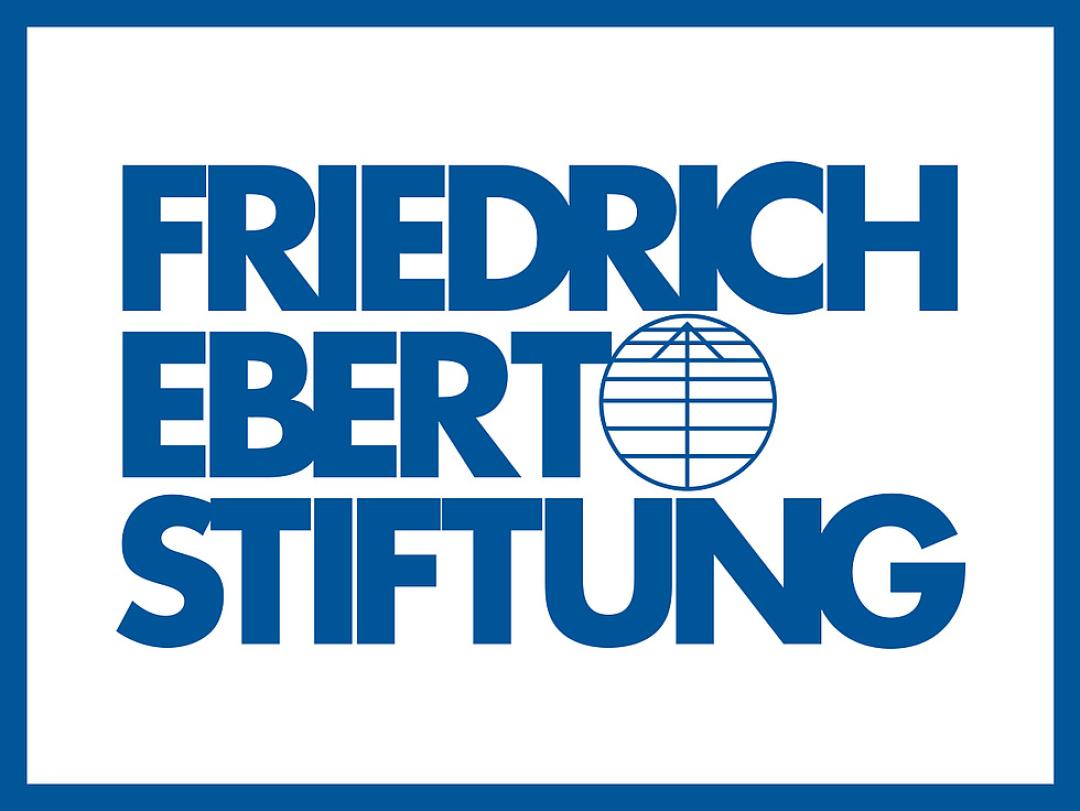
Friedrich Ebert Foundation’s South Caucasus Director on the prospects of the Eastern Partnership

In an exclusive interview with Georgia Today the Director of Friedrich-Ebert Foundation’s South Caucasus Regional Office Felix Hett spoke on the impact of the Eastern Partnership (EaP) for the South Caucasus countries.
Speaking on the impact of the EaP, Hett emphasized that there were two ways to look at it, the concept as a whole and the individual impact on every single country within the partnership. “At the individual level, I think what has been achieved is quite impressive, for example in the context of EU and Georgia relations… in the end, what the EaP has achieved and is still achieving is an understanding and constant reminder that the EaP societies are indeed part of the European family;” he said.
Commenting on the question on what the biggest challenge for the EaP, Hett stated that it is to “deliver tangible benefits to the daily lives of people across the region.” Hett added that this challenge “is complicated by the apparent emergence of China as an alternative role model for development” in the region. Speaking specifically on the EU’s statements that the expansion of mutual trade between the EU and the EaP countries as one of the successes, Hett emphasized that in the long run “that is not enough.” “If the EU wants to deliver tangible benefits, for example to the people of Georgia, the huge trade deficit that Georgia experiences in mutual trade has to gradually disappear. Georgia needs to export more, because that would create jobs here. With its negative trade balance, Georgians create employment in the EU,” he elaborated.
On the question on how great is the “Russia factor” within the EU decisions towards the EaP, Hett said that the “Russia factor is sometimes overemphasized.” “I do not think that the EU designs every EaP policy applying a “what will Moscow think?”-filter. And I’m not convinced that Russia is actually following the policy so closely. I would like to point to the case of Armenia, which shows that democratic progress is possible without alienating Russia,” he said.
However, Hett also outed his concerns over the new risks the EaP could be facing, especially with the announcement of the new EU Commission to be more “geopolitical.” “I think that this is a word that triggers attention in Moscow. So far, the official EU line in my understanding was always that the EaP is a non-geopolitical project, and suddenly there is this announcement by the Commission to enter the realm of geopolitics. I am not sure what this means, and how it will play out for the Eastern Partnership,” he concluded.
The Friedrich-Ebert Foundation (FES) is the oldest political foundation in Germany with a rich tradition in social democracy dating back to its foundation in 1925. The work of FES focuses on the core ideas and values of social democracy – freedom, justice and solidarity. The South Caucasus FES office develops, implements and supports a wide range of projects in its three priority areas (participation and democracy; social justice, economy and labour; and peace and security) in cooperation with local and international partners.
See Also


Armenia Records 5.9% GDP Growth in 2024, Missing 7% Goal

Yerevan Balances Strategic Ties with Both US and Russia, Says Foreign Minister

FM Mirzoyan: Peace Deal with Azerbaijan Is Within Reach

Pashinyan and Erdogan Hold Call, Reaffirm Commitment to Ongoing Dialogue

